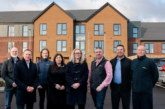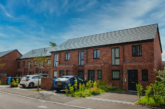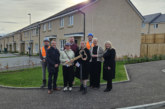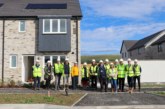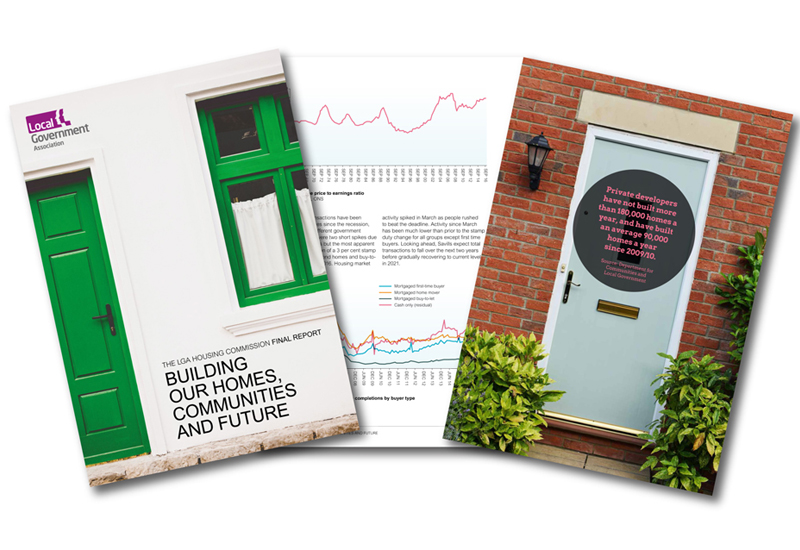
Building our homes, communities and future is the LGA Housing Commission final report which sets out some of its key asks in advance of the housing white paper.
Housing supply and Affordability
The report starts by focusing on the housing crisis that it calls: ‘unavailable, unaffordable and not appropriate for everyone that needs it.’ LGA suggest that a substantial amount of new homes need building compared to the current rate, as well as them being in appropriate locations and across a range of tenures whilst ensuring they are affordable and of sufficient quality. Research from Savills shows that housing prices are now 7.9 times average earnings, although Savills are forecasting zero house price growth during 2017. The 2020/21 target of one million homes is still achievable, according to the LGA, if measured against the net change in dwellings. However the report shows that the number of affordable houses built between 2015/16 fell by 52% – the lowest number of affordable homes in 24 years.
The report also addresses the fact that despite mortgage repayments costing less than rent to a private landlord, the main barrier is the ability to provide the deposit with the median first time buyer having a deposit of £25,000. Young people are shown to be finding it increasingly difficult to buy, with analysis of home-ownership by age cohort highlighting this with the households headed by someone born in the 1970’s following a lower trend in home ownership than those households five or 10 years older.
Building more homes
This section of the report starts by stating that: “Growing demand, limited supply and a good balance of business, employment and lifestyle opportunities mean that counties are facing an affordability crisis… The lack of affordable housing is highlighted by the fact that home ownership has fallen to its lowest level in England for 29 years and house prices in the UK have increased by an average of 56% since 2004.”
Amongst the suggestions to enable more homes to be built are: rapid building from housing revenue accounts, building homes through new housing vehicles, land release and assembly, enabling and shaping the private developers markets and encouraging small and medium size business and delivering sites with planning permission.
Where People want to live
According to the report councils are approving nine in 10 planning applications and their emphasis for building homes includes trying to improve health, create jobs and boost educational attainment and enable social cohesion. LGA focus on the need for councils to plan and build homes where people want to live, work and enjoy their time. The Local Government Association says that councils have a crucial role in helping build stable and cohesive communities. The London Borough of Harringey, South East councils and The National Housing Federation all expressed that councils should be allowed freedom to create these types of living spaces without restrictions from Government.
It is recommended that: ‘local and national Government work together to establish a clear, robust and transparent viability procedure to help manage down the escalation of land values and ensure the delivery of affordable housing and infrastructure communities need to back development.’
Housing and Integrated health care
The need to provide a better variety of housing for people as they age is discussed, with research showing that between 2008 and 2039 74% of projected household growth will be made up of households with someone aged 65 or over.
A renewed focus is called for on the collaboration between more than 20 organisations including the LGA, Department for health and NHS England as set out in the ‘improving health through the home’ National Memorandum of Understanding. It is suggested that age friendly homes are built with older people in mind at the planning process in order to aid ‘positive ageing’. An example of building homes specifically for older people includes: building intergenerational neighbourhoods where older people can be in contact with all age groups which can potentially enhance support networks and reduce social isolation.
Employment and earnings in affordable rented houses
Focusing outside of housebuilding, this section looks at the need for secure jobs and income for tenants in order to live in the homes being built. Local and national government working together with tenants in affordable rented housing to secure and maintain employment is recommended. It is said that councils are in a position to provide the support they need in order for workless tenants to progress but national funding rules often make it difficult for partners to jointly plan or deliver support. LGA point out that the funding reductions and reduction of affordable housing rents reduce the capacity for providers to invest in services such as employment and skills support.
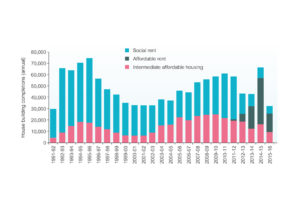
For your copy of The LGA Housing Commission Final Report visit: www.local.gov.uk


